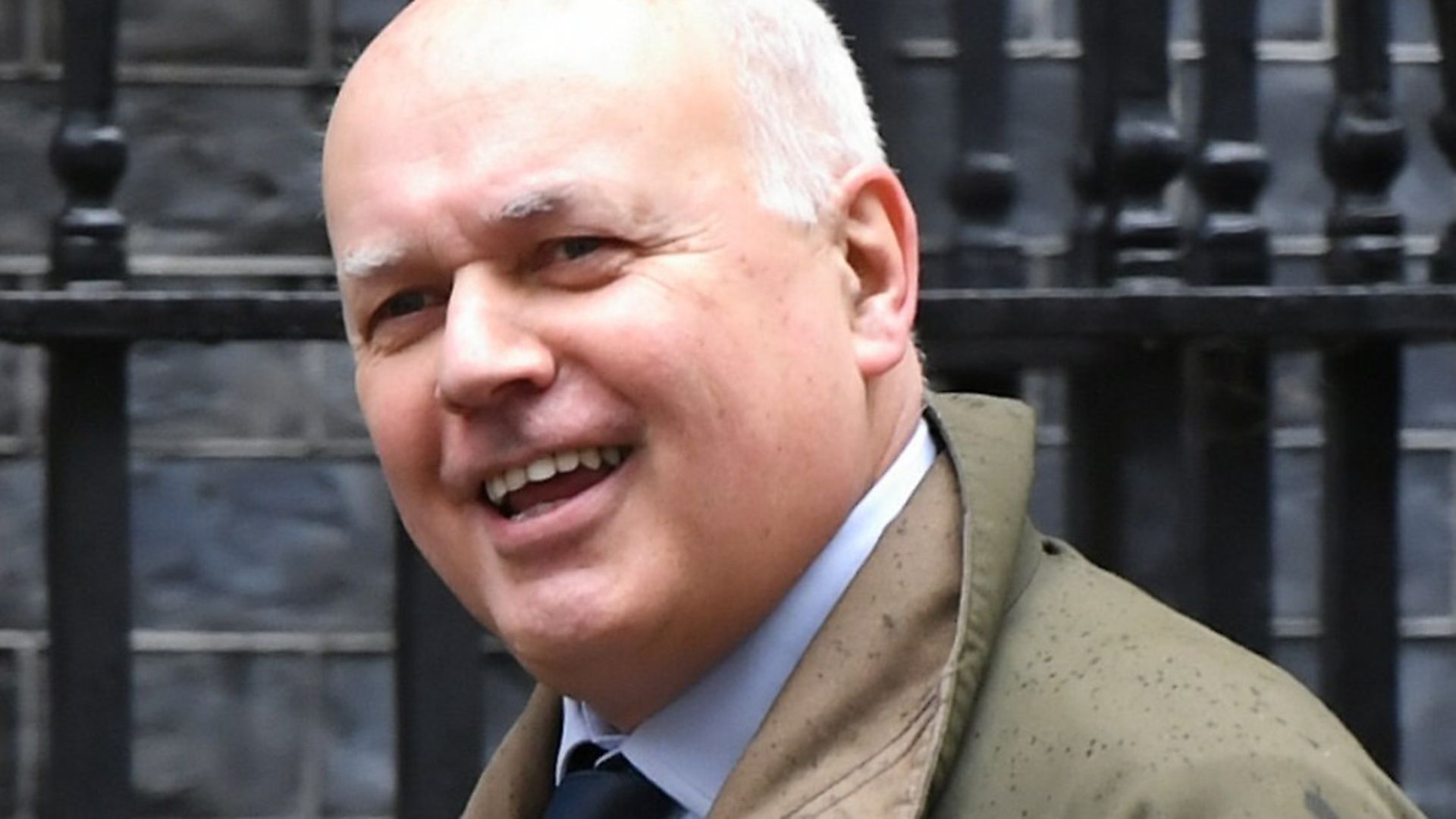
Boris Johnson has just managed to survive the first Conservative rebellion of the new parliament over the involvement of Chinese telecoms firm Huawei in the UK’s 5G network.
Conservative critics led by former party leader Sir Iain Duncan Smith tabled an amendment seeking to ban ‘high-risk vendors’ from the system after 2022.
36 Tories voting against the government, leaving a government of just 24 after ministers moved to head off a revolt over fears Huawei is a risk to UK security.
Critics are concerned that his decision to allow Huawei to supply ‘non-core’ elements of the 5G network could jeopardise security because of the firm’s ties to the Chinese state.
The White House has banned the firm from US telecoms networks and has been highly-critical of the Government’s decision, which came despite intense lobbying from the States.
Have your say
Send your letters for publication to The New European by emailing letters@theneweuropean.co.uk and pick up an edition each Thursday for more comment and analysis. Find your nearest stockist here or subscribe to a print or digital edition for just £13. You can also join our readers' Facebook group to keep the discussion and debate going with thousands of fellow pro-Europeans.
Duncan Smith had warned MPs that the rebels were ‘genuinely concerned’ about the involvement of the firm he described as being ‘essentially almost completely owned’ by Chinese trade unions controlled by the state.
Ahead of the vote defeated by 282 votes to 306, culture secretary Oliver Dowden wrote to Tory MPs setting out the measures the government was taking to restrict Huawei’s involvement.
And he restated the commitment to see the firm replaced by competitors over time.
‘I wish to stress again that the Government is clear-eyed about the challenges posed by Huawei,’ Dowden wrote.
‘That is why the National Security Council made a decision to: exclude them from the security critical network functions in 5G networks, and reduce their presence in other network functions up to a strict market share cap of 35%.
‘This position is based on the comprehensive security advice provided by the cyber security branch of GCHQ, the National Cyber Security Centre.’
One of the rebels, backbencher Bob Seely, welcomed the ‘strong first showing’ in ‘substantially’ cutting the government majority as he eyed future opportunities.
Senior Tories to join Sir Iain in voting against the government included former cabinet ministers Damian Green and David Davis, Commons Foreign Affairs Committee chairman Tom Tugendhat and Tory backbench 1922 Committee chairman Sir Graham Brady.
Their move reflects widespread misgivings across the party over the decision, with fears that it could give China a ‘backdoor’ to spy on the UK’s telecoms network.
Huawei hit back at allegations, with vice president Victor Zhang saying: ‘An evidence-based approach is needed, so we were disappointed to hear some groundless accusations asserted.
‘The industry and experts agree that banning Huawei equipment would leave Britain less secure, less productive and less innovative.’









